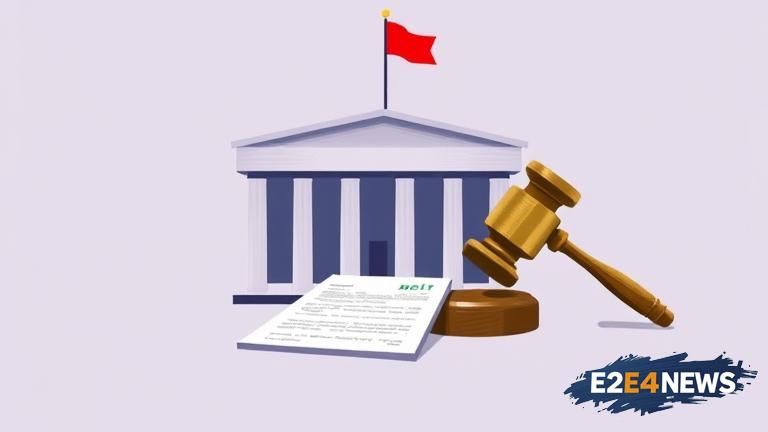The National Company Law Tribunal (NCLT) has recently ordered the liquidation of Solv, a digital platform founded by Amit Bansal, due to unpaid dues. This move comes as a significant development in the Indian insolvency landscape, highlighting the growing importance of addressing debt-related issues in the country. Solv, which operated as a business-to-business (B2B) marketplace, had been facing financial difficulties, leading to a buildup of unpaid dues. The company’s creditors had approached the NCLT, seeking relief under the Insolvency and Bankruptcy Code (IBC). The tribunal’s decision to liquidate Solv is expected to have far-reaching implications for the Indian startup ecosystem, emphasizing the need for companies to maintain financial discipline and prioritize debt repayment. The case also underscores the role of the NCLT in resolving insolvency disputes and ensuring that creditors receive a fair share of the proceeds. As the Indian economy continues to grow, the importance of effective insolvency resolution mechanisms cannot be overstated. The Solv case serves as a reminder that companies must be proactive in addressing debt-related issues, lest they face severe consequences. Furthermore, the liquidation of Solv is likely to have a ripple effect on the broader startup community, with investors and lenders becoming increasingly cautious when extending credit to new ventures. In the wake of this development, it is essential for companies to prioritize transparency and accountability in their financial dealings. The NCLT’s decision is also expected to lead to a more robust discussion around the need for stronger regulatory frameworks and more effective insolvency resolution mechanisms in India. As the country continues to navigate the complexities of economic growth, the Solv case serves as a timely reminder of the importance of financial prudence and responsible debt management. The liquidation of Solv is a significant setback for the company’s founders, employees, and investors, who had pinned their hopes on the platform’s success. However, the development also presents an opportunity for the Indian startup ecosystem to learn from the experience and implement more effective strategies for managing debt and ensuring financial sustainability. In conclusion, the Solv insolvency case highlights the growing importance of addressing debt-related issues in India and the need for companies to prioritize financial discipline and transparency. As the country continues to evolve and grow, it is essential for businesses to adopt more responsible and sustainable approaches to debt management, lest they face severe consequences. The NCLT’s decision to liquidate Solv serves as a stark reminder of the importance of effective insolvency resolution mechanisms and the need for companies to maintain financial discipline. The case is also expected to have significant implications for the Indian economy, emphasizing the need for stronger regulatory frameworks and more effective insolvency resolution mechanisms. The Solv case is a timely reminder that financial prudence and responsible debt management are essential for businesses to thrive in today’s fast-paced and competitive economy. The development is likely to lead to a more nuanced discussion around the importance of financial sustainability and the need for companies to prioritize debt repayment. In the end, the liquidation of Solv serves as a cautionary tale for businesses, highlighting the importance of financial discipline and the need for effective insolvency resolution mechanisms.





